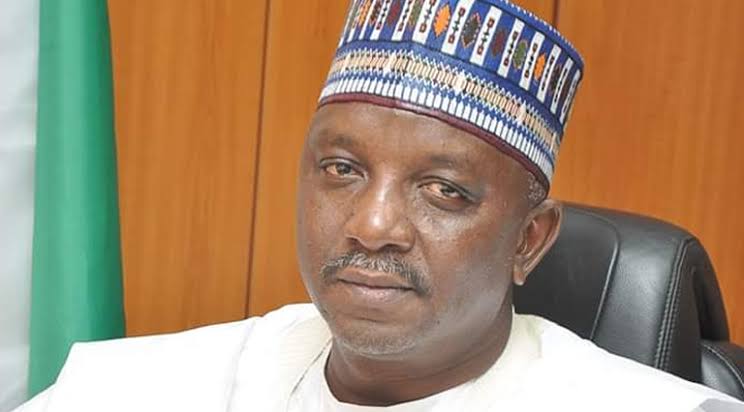The Federal High Court sitting in Abuja has fixed October 10, 2025, for ruling in the trial-within-trial proceedings involving the former minister of power, Saleh Mamman, over alleged suspicion of fraud relating to the Mambilla Hydropower project.
Through his counsel, Emmanuel Hassan, the former minister urged the court to reject all the extrajudicial statements he made during his investigation by the Economic and Financial Crimes Commission (EFCC).
He said the statement did not meet the provisions of section 15 (4) of the Administration of Criminal Justice Act (ACJA), 2015.
However, responding, the prosecution counsel, Rotimi Oyedepo (SAN), who adopted his written address filed on July 11, 2025, urged the court to reject the request and proceed with the substantive trial.
He submitted that the prosecution agency diligently fulfilled all the statutory provisions set out in ACJA during the defendant’s investigation, adding that none of his statements were obtained under coercion.
Justice James Omotosho ordered a trial-within-trial on March 19, 2025, following the defence counsel’s objection to the EFCC’s move to tender a disputed statement credited to the former minister of power, Engineer Sale Mamman.
The trial-within-trial determines whether the defendant made the disputed statement in a video clip of his own free will.
Specifically, the prosecution was to tender the disputed statement dated February 20, 2024, through the EFCC 17th witness, when the defence Counsel, Atteh, raised an objection to its admissibility.
During the trial within the trial, the defendant told the court that he was compelled to make his statement at the EFCC during his investigation because of difficult situations.
Mamman, who was testifying in the trial-within-trial, specifically told the court that he was under severe pain and discomfort resulting from his ill health during his investigation.
He challenged the credibility of his earlier statements to the EFCC on the grounds that they were not covered by the provisions of sections 15 and 17 of the Administration of Criminal Justice Act 2015, which require a video recording of the defendant’s extra-judicial statements.
He contested the statements’ credibility because they were not covered by the provisions of sections 15 and 17 of the Administration of Criminal Justice Act 2015, which require a video recording of the defendant’s extra-judicial statements.
In addition, the defendant submitted that some of his statements were obtained without the presence of a lawyer, as required by the ACJA Act, 2015.





